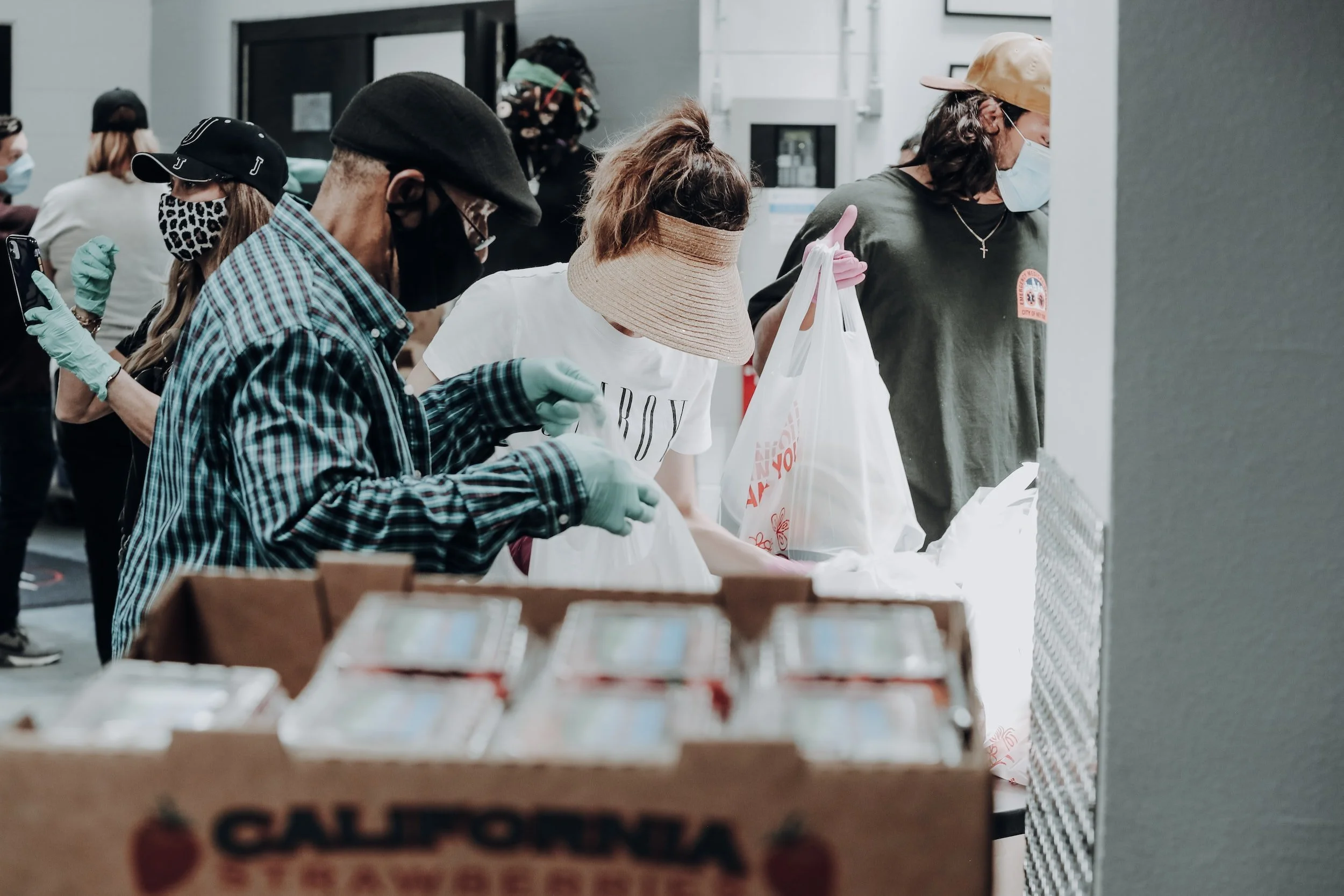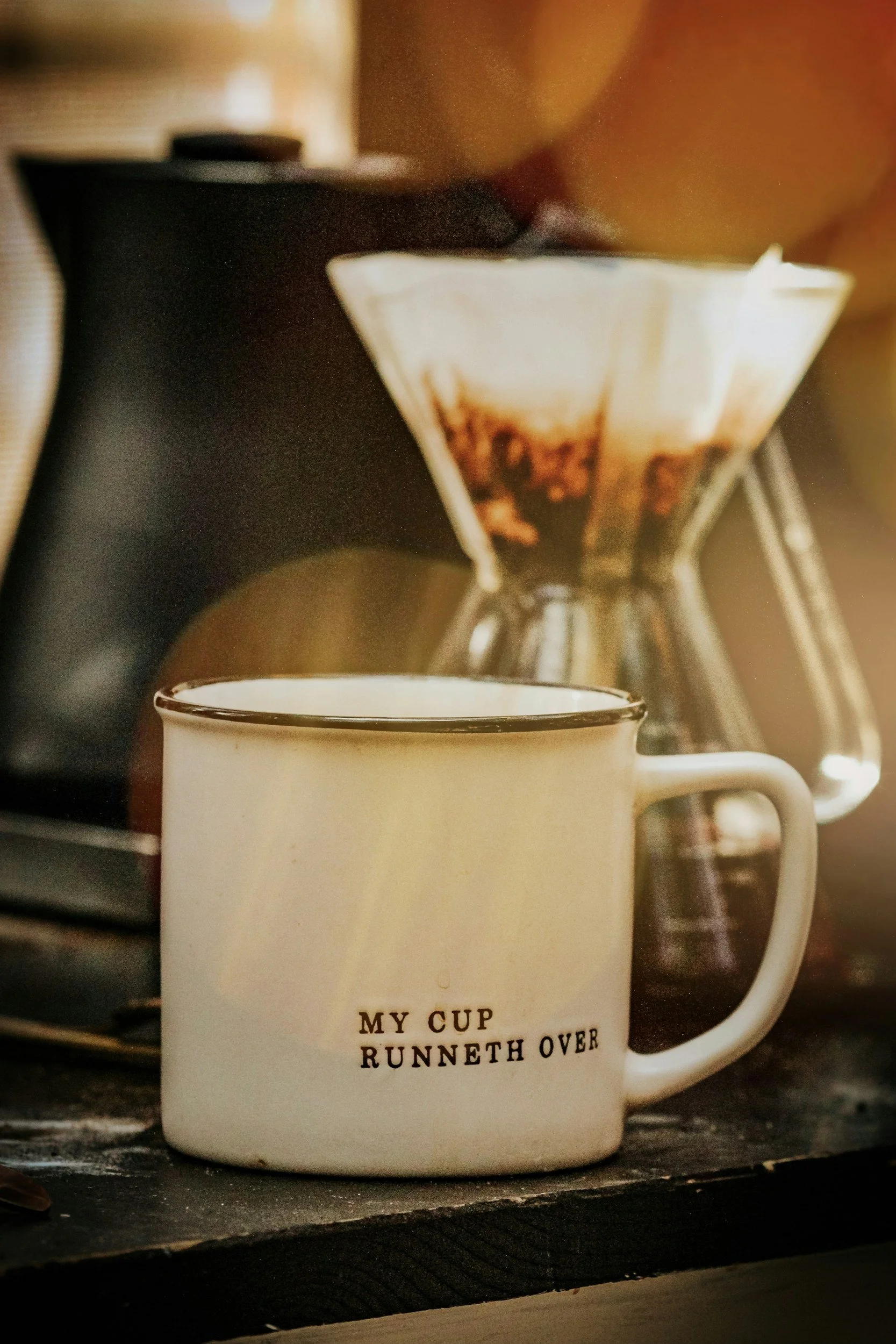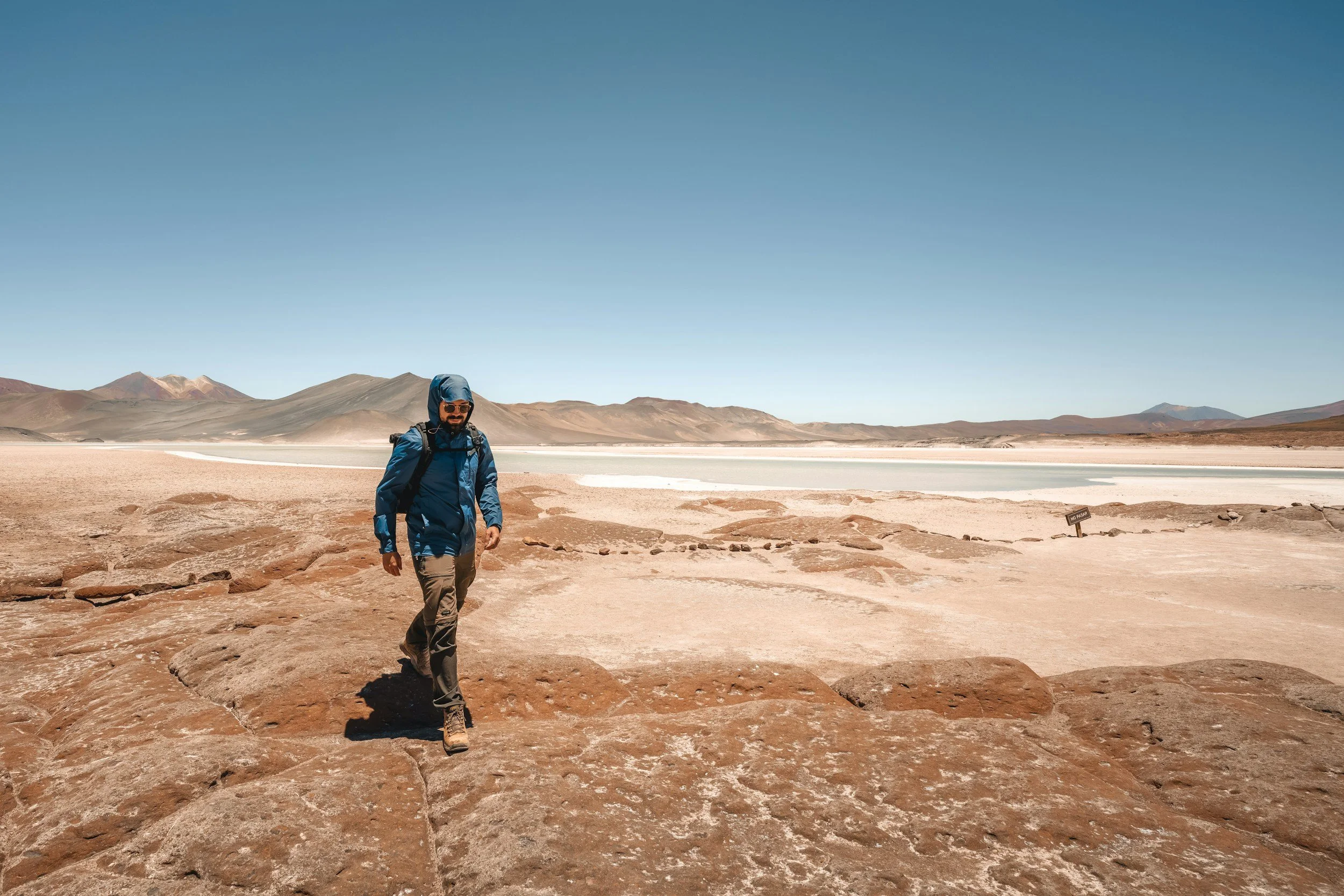7 Ways To Go Plastic Free This July
Plastic pollution in our oceans has become an environmental crisis that threatens marine life and human health. Plastic waste is found everywhere, in our cosmetics, toys, clothing, and even in our food. It actually takes hundreds of years for plastic to decompose, so we need to do our best to minimise our need and use of it.
This month happens to be Plastic Free July, which motivates us to reduce our plastic pollution and our impact on the environment. You don’t even need to be a vegan to take part.
We’ve compiled a list of seven ways to go plastic-free for the month of July. By eliminating these plastics from your life, you will live a more sustainable lifestyle! By taking these small steps, every little bit can make a difference; will lead to a better future. Begin today…
1. Switch to a zero-waste deodorant
Roll-on deodorants and aerosol spray cans are not only filling up our landfills, putting strain on the environment but are also harsh on the skin and can block our pores. There are a number of options for zero-waste deodorant including ones by brands such as No Pong in a tin and Woohoo in a biodegradable cardboard paper tube. Woohoo also have a recycle and earn rewards initiative in conjunction with Terracycle. Or try Saf Organics for another low tox, plastic free alternative. By going plastic-free in the bathrooms, you are not only doing the right thing for the environment but also for your body by being mindful and choosing all-natural, chemical-free products.
2. Consider plastics in your kitchen
Another easy way to eliminate plastic is to swap out plastics in the kitchen. Use silicone baking sheets (these ones are from Seed & Sprout) which are easy to use over and over when baking in your kitchen. They are sturdy and strong. There's no need to purchase more baking paper and no more scrubbing oven trays either. These can last a lifetime if properly cared for and washed after each use. Fun fact: Did you know that conventional baking paper or the greaseproof paper isn't recyclable? Yep, it's coated and contains bleach and dioxins which isn't great for you or the environment.
Consider silicone muffin cups as they are non-stick, easily cleaned and durable and you guess it - reusable! Save on the waste of individual paper muffin cases that can not be reused or recycled.
Use beeswax wraps to cover your food rather than glad wrap. Beeswax wraps are so easy to use and can be used time after time. This helps keep plastic out of our oceans and waterways. They also save money in the long run because you won’t need to pay for plastic wrap and you can even learn to make your own.
Switching from tea bags to loose tea is not only good for the environment but you get to enjoy the process of making and drinking from a pot of tea. I made this switch a couple of years ago now and it is a whole practice I love as part of my afternoon routine. Receiving loose tea is still one of my favourite gifts I get given. Saving my body from the plastic toxins is well worth the extra brewing waiting time.
3. Provide your own coffee mug when buying your morning coffee
Stop accepting the takeaway coffee cups that they give you at your local cafe by providing your own. Fun fact: Each year in Australia, one billion takeaway coffee cups are produced and then thrown in the trash.
Check out Sol Cups, a business that produces sustainable, re-usable cups and bottles, all made from hand-blown glass. They are giving 15% off their shop for this month using the code PFJ15
Another sustainable brand I like to support is Huskee. They have a gorgeous cup design that is non-toxic, and dishwasher friendly, and they repurpose waste material (they actually use coffee husks, hence the name) to make their cups. They also have a swap cup exchange at certain cafes. You can download the app to find stores closest to you. Fun fact: 60,000 of waste from cups goes to landfill in Australia each year.
I also carry my own metal straw for cold drinks. It is great now that many restaurants and cafes have eliminated plastic straws and either give you none or paper ones. However, I’m not a fan of the paper ones, as they tend to get too soggy for me, so I use my own. Light, easy to store and bring home to wash.
4. Go for a zero-waste period
If you’re looking for an easy way to reduce waste ladies, reduce your use of sanitary products at that time of the month. Instead, companies like Bonds and Modibodi have designed period underwear and swimwear that you simply wash after use. Initially, you may think the products are pricey however they pay for themselves over time.
Another option is trying reusable menstrual pads, which are reusable cloth pads that can be washed and reused. They come in a range of sizes and shapes to allow for different styles of underwear and different flow levels.
Reusable Menstrual Cups are a great option too. I like the ones from Diva and there are no chemicals, plastics or dyes involved. A zero-waste period is one special way to reduce your individual impact on the environment.
5. Avoid single-use plastics
Single-use plastics are often made out of polyethylene terephthalate (PET) or polypropylene (PP). These materials are not biodegradable and can take hundreds of years to decompose. They also pose serious environmental hazards. I take my own mesh cotton bags to pack my fresh produce in, before being weighted. This means skipping the plastic bags. Bonus tip for you - When I get home I wrap the vegetables in paper towels and place them in glass containers in the fridge which keeps my veg fresher for longer. I bought my ‘fruit sacks’ online from Econique but Coconutsy also has great ones and a lot of other sustainable product ideas. They are also having a Plastic Free July sale on for the month.
Zero Co is a great company offering eco-friendly cleaning and personal care products and uses refill packs and forever bottles, giving single-use plastic the flick. For this month you can get 35% off their best value bundle which includes all 14 of our 5 star rated single-use plastic-free products that actually work. They also offer your money back if you are not happy. Tag them using #untrashathon in your social media posts. Fun fact: If 10,000 Aussie legends join the #untrashathon, we'll up our 2022 trash haul to 2M water bottles worth of rubbish out of the ocean this year. That's an extra 500,000 on top of our current target.
The Dirt Company are another Aussie-owned business that has joined the refill revolution. They are helping us be more sustainable in the laundry by selling their products in bulk pouches, in refillable, return dispenser bottles and packs and have created a sustainable laundry detergent. Fun fact: By replacing the ‘laundry jugs’ system with a dispenser bottle and our Refill, Return system, they have reduced the number of plastic bottles in circulation by 528,870 since 2017.
6. Swap out your pegs
Buy stainless steel pegs rather than single-use plastic pegs. I would dare to say that majority of us use plastic pegs to hang out the washing. A bonus of using stainless steel pegs is that they have no issues with mould, rot or rust, no matter how often you leave them in the rain. When broken, decaying and brittle plastic pegs become part of our waste matter that is polluting the environment. By using stainless steel pegs, you're making a purchase that will last you a very long time and are recyclable at the end of its life. The less plastic that you use, the less plastic waste will go to landfills.
7. Switch to using a shampoo bar
I love the shampoo bars from Lush, a fresh homemade cosmetics company, that support ethical buying and ensures its products are cruelty-free. Their shampoo bars are made using all-natural ingredients, even better. By using a shampoo bar, it saves on single-use plastic shampoo bottles which often can not be recycled ad lasts up to 3x longer than liquid shampoo.. Fun Fact: In 2019 Lush sold 6.6 million shampoo bars saving over 19 million shampoo bottles from going to landfills.
Lush also has a bring it back recycling scheme where in Australia and New Zealand you can return your black pots, plastic bottles, or makeup packaging in exchange for $1 towards your next purchase.
Also, be mindful to say no to hotel toiletries. Pack your own soap and shampoo bar when going on holiday and don’t be tempted to touch their tiny travel single-use ones that are often supplied. Just leave them behind. I have noticed many places now, even in my sauna, supplying bulk-size ones that are fixed onto the wall are topped up after you leave. The message is getting out there!
How to stay up to date with all things environmental
Listen to the Sustainable Speaker Series; hosted by Rebecca Veksler, the founder of Sol Cups
Sign up for the Plastic Free July Challenge and get all the latest plastic-free ideas
Watch out for Solmates - a refillable sunscreen applicator. Coming soon. No need for any more single-use plastic sunscreen bottles
Keep abreast of the stories and info provided on the Trash Is For Tossers website
How many of these seven ways to go plastic-free can you tick off as you are putting them into practice? How are reducing your plastic consumption to live a more sustainable lifestyle? We would love it if you joined the conversation and left a comment below.









